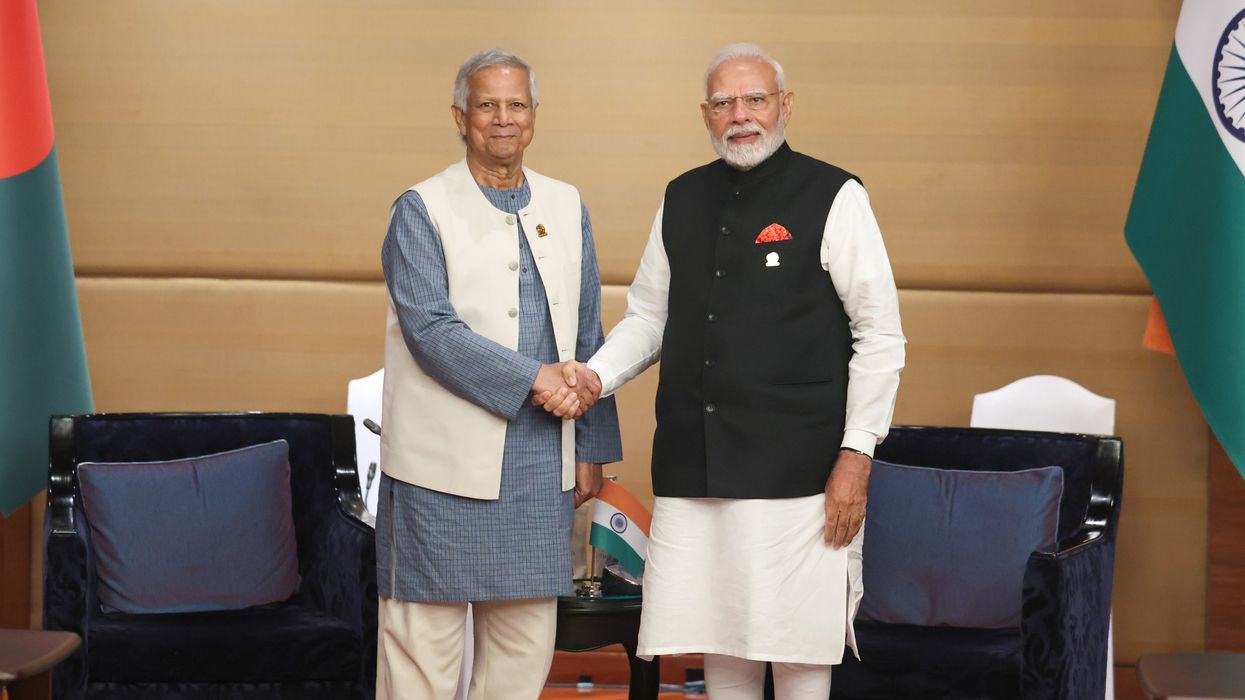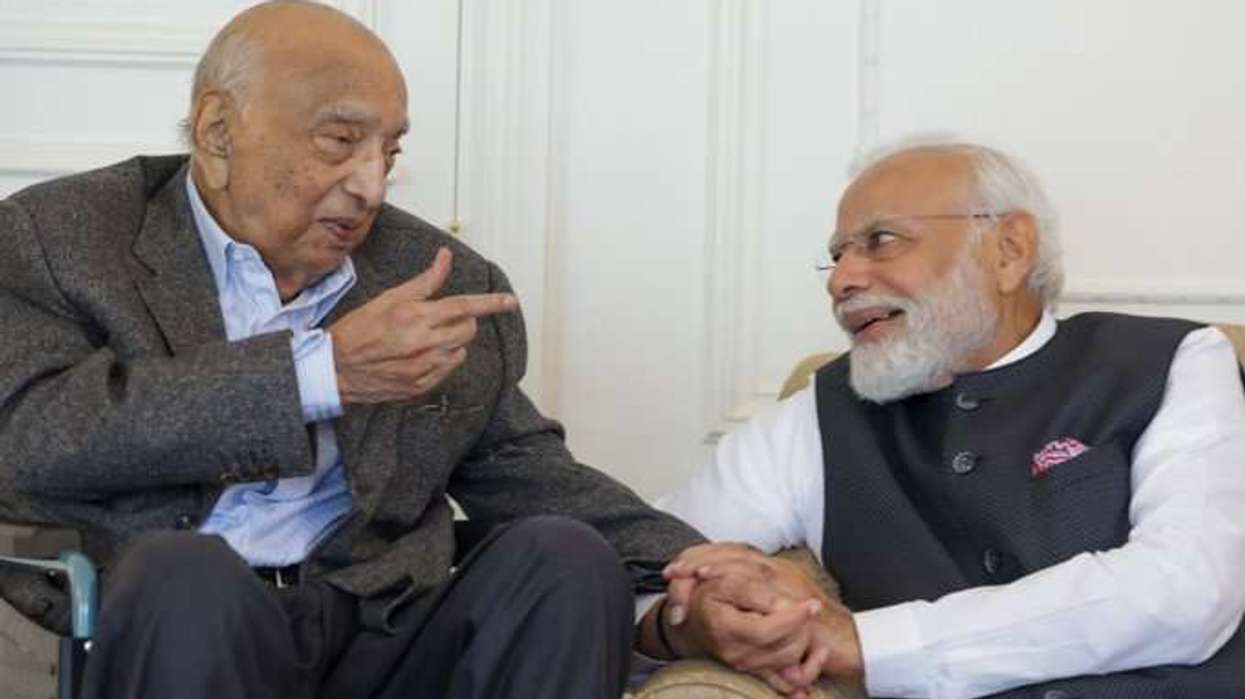INDIA has withdrawn the transshipment facility it had extended to Bangladesh for sending exports to the Middle East, Europe, and other countries through Indian ports and airports. The move follows recent strain in bilateral ties.
The decision came days after Muhammad Yunus, head of Dhaka's interim government, said in China that India's northeastern states are "landlocked" and have no access to the sea except through Bangladesh. The two countries share a nearly 1,600-km border in the region.
India has said the withdrawal will not apply to Bangladeshi exports to Nepal and Bhutan, as trade facilitation for landlocked countries is mandatory under World Trade Organisation (WTO) rules.
The transshipment arrangement was initiated in 2020, and the facility was formally extended to Bangladeshi exports in 2022.
"The trans-shipment facility extended to Bangladesh had over a period of time resulted in significant congestion at our airports and ports," External Affairs Ministry spokesperson Randhir Jaiswal said.
"Logistical delays and higher costs were hindering our own exports and creating backlogs," he said. Jaiswal added that the facility was withdrawn from April 8.
Bangladesh has been using several Indian ports and airports, including the Delhi airport, to send its exports to various countries.
"To clarify, these measures do not impact Bangladesh exports to Nepal or Bhutan transiting through Indian territory," Jaiswal said at his weekly briefing.
At a recent business event in China, Yunus said India's seven northeastern states are landlocked and depend on Bangladesh for access to the ocean.
The Central Board of Indirect Taxes and Customs (CBIC) also issued a notification withdrawing the transshipment facility.
On April 4, Yunus and prime minister Narendra Modi met in Bangkok on the sidelines of the BIMSTEC summit.
India was reportedly upset over Dhaka’s version of the meeting, especially statements related to attacks on minorities and the extradition request for former prime minister Sheikh Hasina.
People familiar with the matter described the version as "mischievous and politically motivated", particularly the parts about attacks on minorities and Bangladesh's request for Hasina's extradition.
Yunus' press secretary Shafiqul Alam wrote on Facebook on Saturday that the chief adviser raised Bangladesh's request for Hasina's extradition and that "the response was not negative".
Sources said the description of Modi's remarks about his relationship with Yunus and the previous Bangladesh government was "inaccurate".
India has not responded so far to the interim government’s extradition request made last year.
Ties between the two countries deteriorated after Yunus failed to contain attacks on minorities, especially Hindus, in Bangladesh.
Hasina has been living in New Delhi since she fled Dhaka in August last year.
During the meeting in Bangkok, Modi conveyed India’s concerns about the safety of Hindus and other minorities in Bangladesh.
"The prime minister urged that rhetoric that vitiates the environment is best avoided," an Indian readout of the meeting said.
PM Modi also underlined India's expectations that Bangladesh will ensure the safety and security of its minority communities.
On Bangladesh welcoming China’s participation in the Teesta river project, Jaiswal said India and Bangladesh share 54 rivers, including the Ganga and Teesta.
"To discuss relevant issues, an institutional dialogue mechanism is in place called the 'Joint Rivers Commission'. Conversation could take place on matters mutually agreed upon, provided the overall environment is conducive," he said.
(With inputs from PTI)




